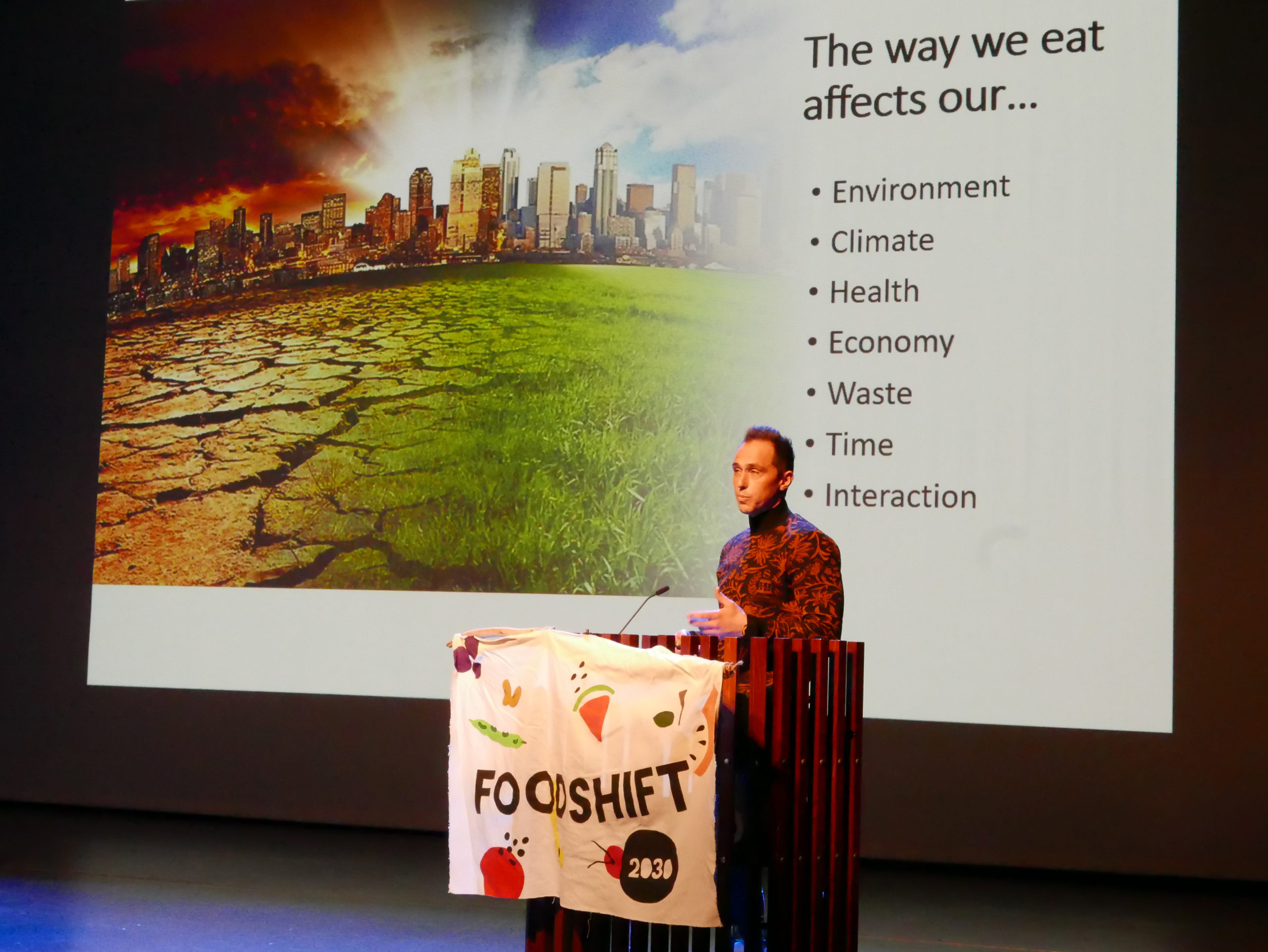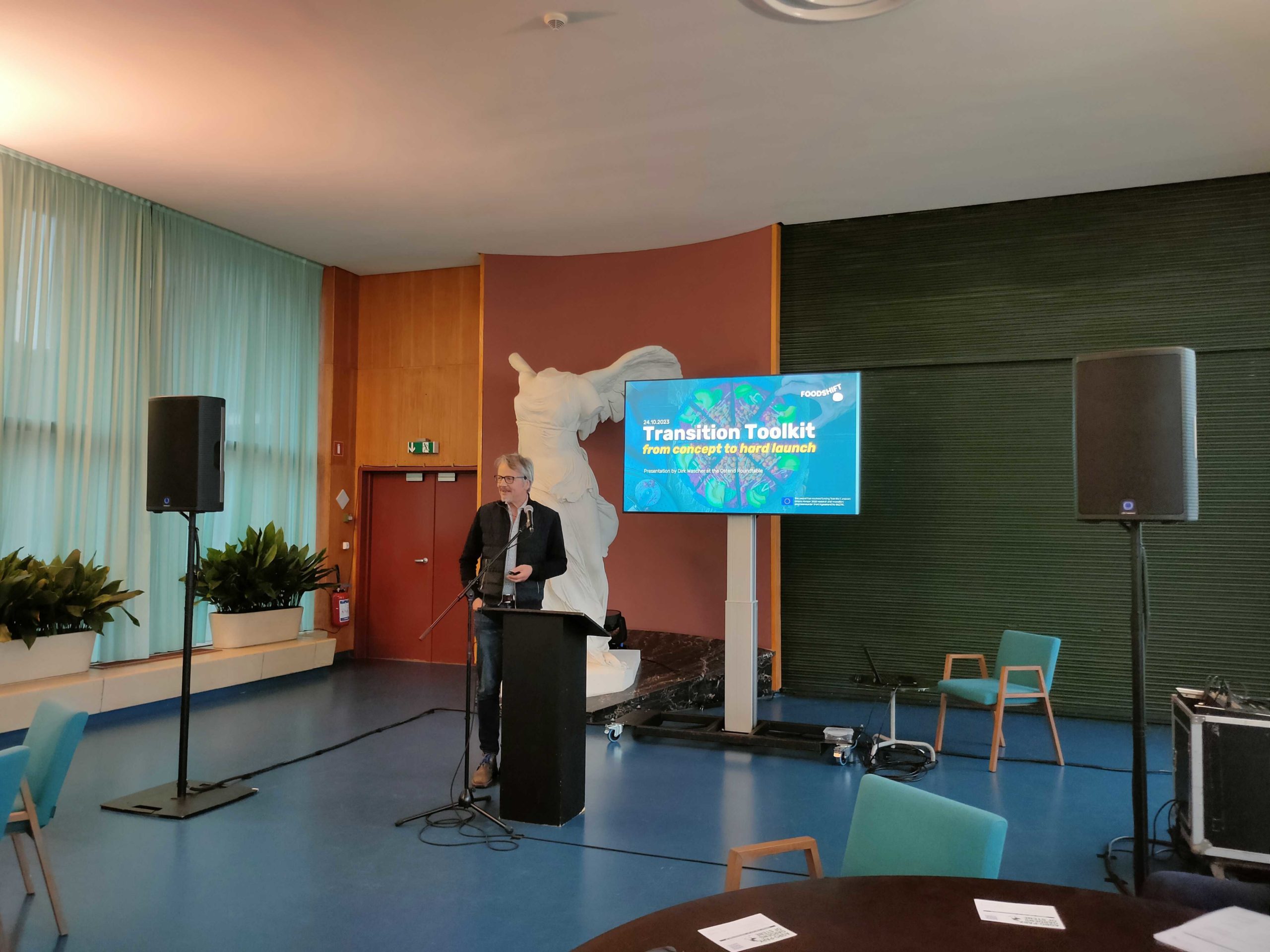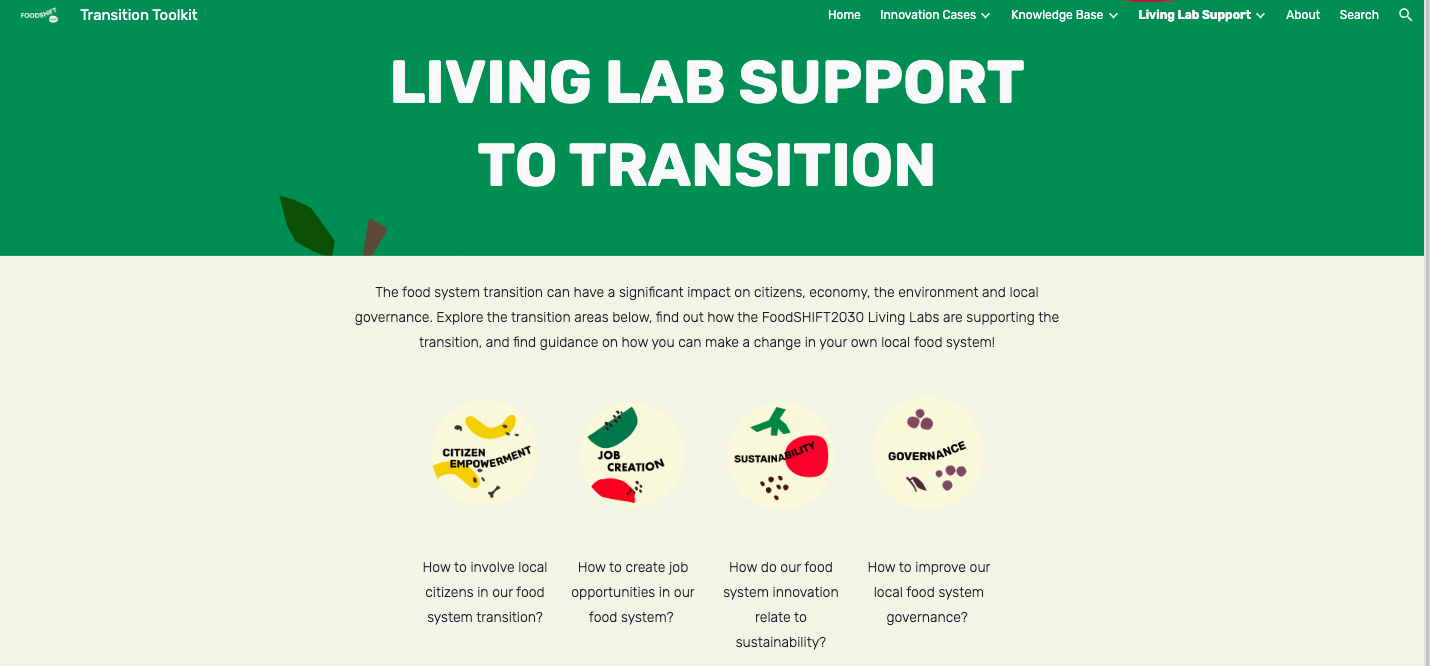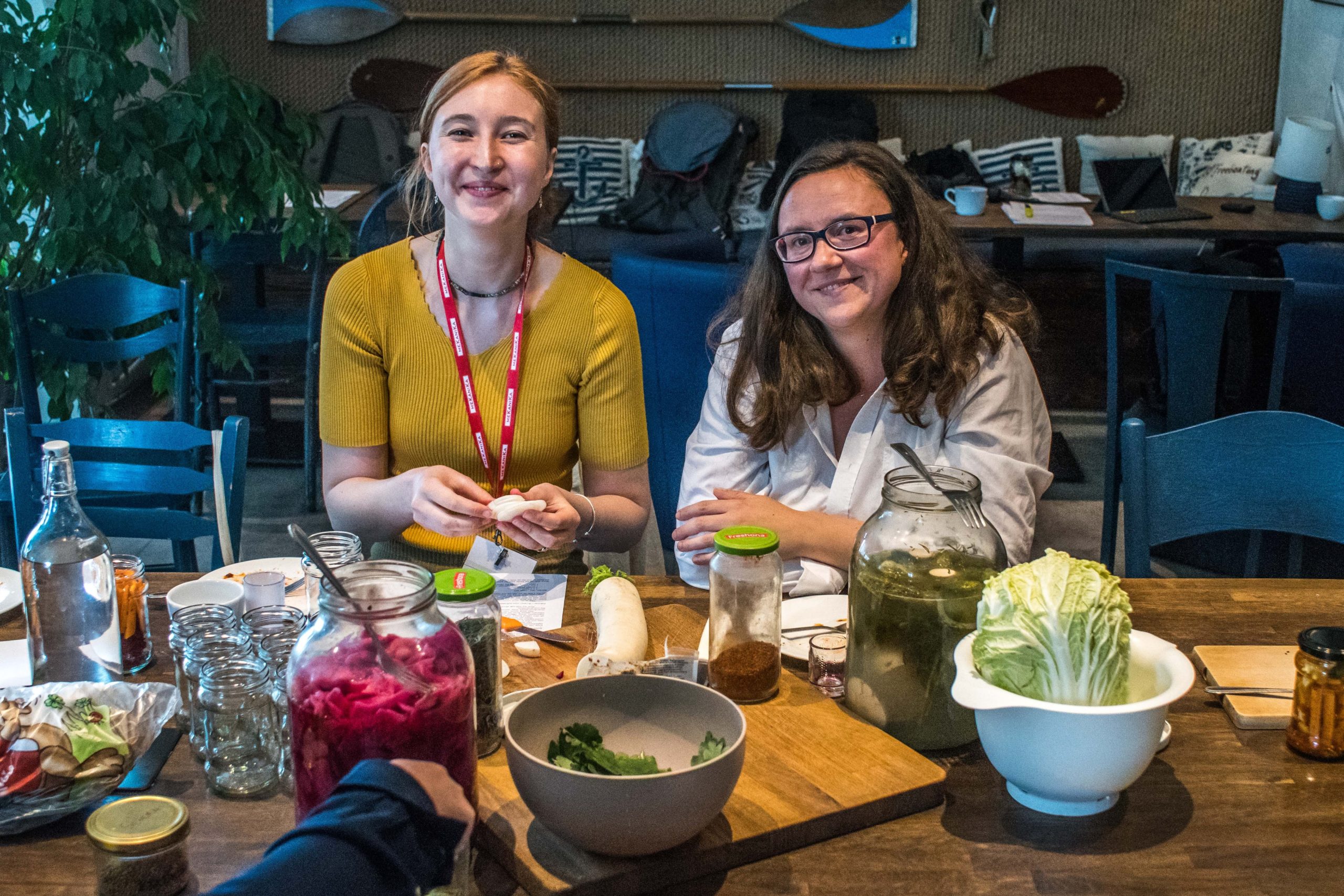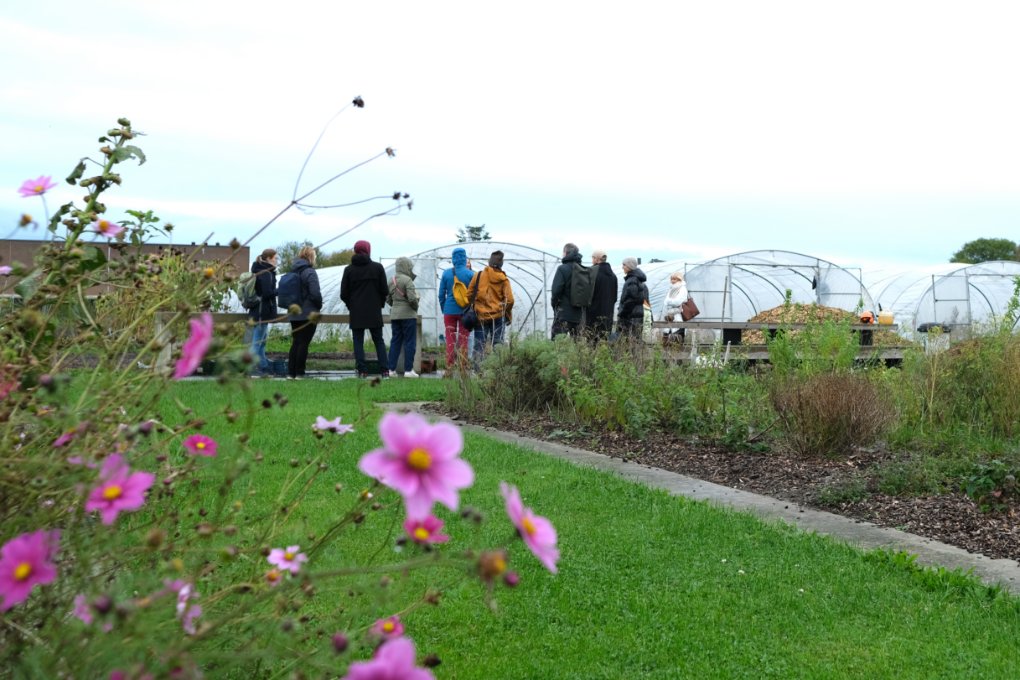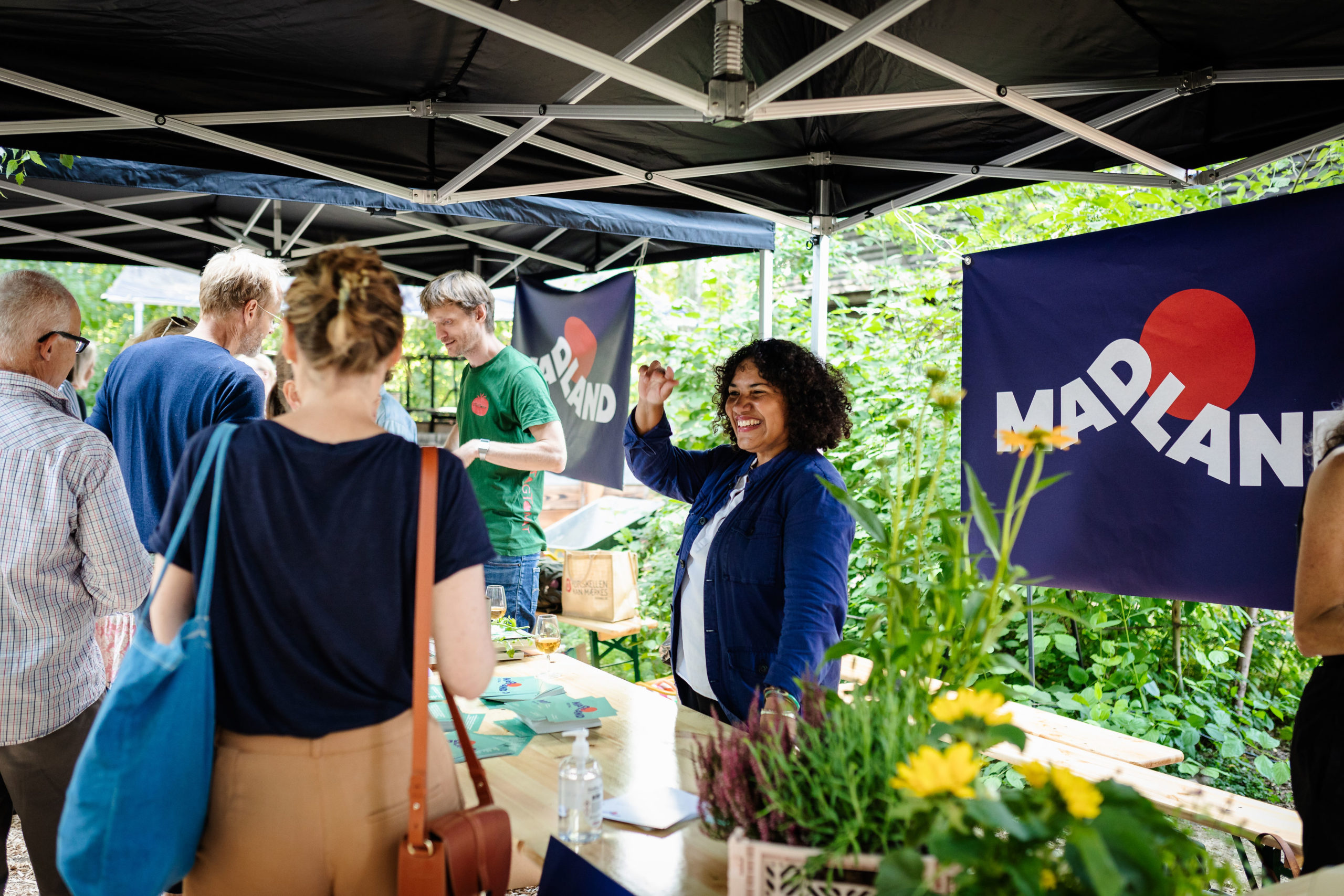Deep dive into Ostends’ Food Strategy ‘Oostende Oogst’
12 July 2022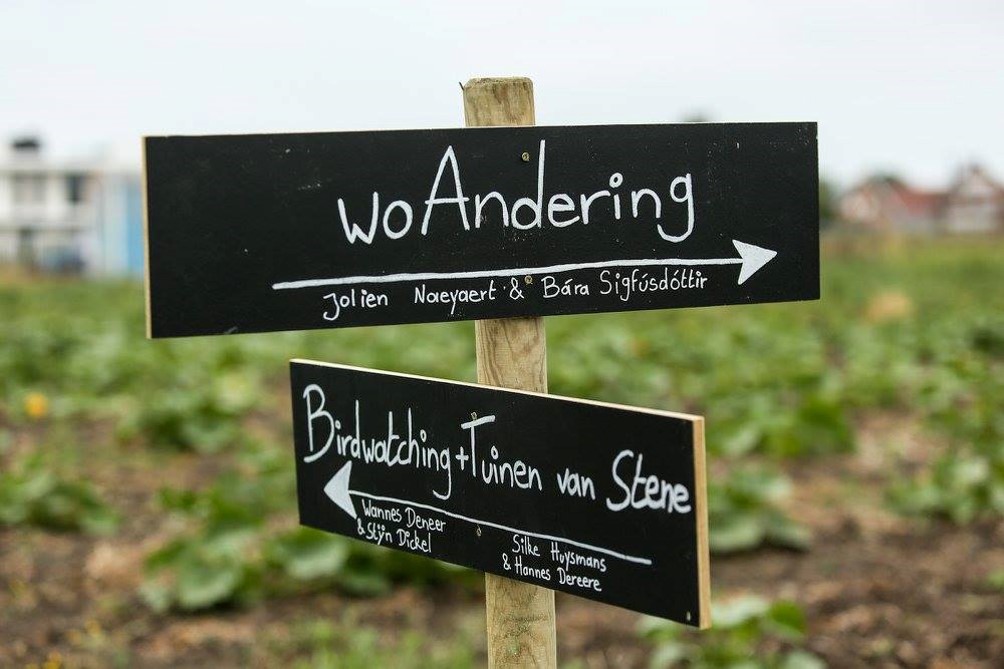
Food systems worldwide are under enormous pressure. To name a few examples; unhealthy diets, malnutrition and undernutrition, insufficient reduction of GHG emissions, widening urban-rural gap. The need to transition towards more inclusive, resilient and sustainable food systems is clear (Enthoven & Van den Broeck, 2021). Launching a food strategy is one step towards more sustainable (local) food systems. In December 2020, the City Council of Ostend therefore approved the food strategy ‘Oostende Oogst’, which has been developed in light of the FoodSHIFT 2030 project.
With this approved food strategy, Ostend tackles six strategic goals (and twenty operational goals). The aims are to:
- Provide space for sustainable and local food production
- Support and initiate short supply chain production and distribution
- Promote consumption of healthy, local and fair produced food
- Consolidate social added value of food initiatives
- Reduce, redistribute and reuse food(related) waste
- Set up a good food governance structure (e.g. food policy council) for the City of Ostend
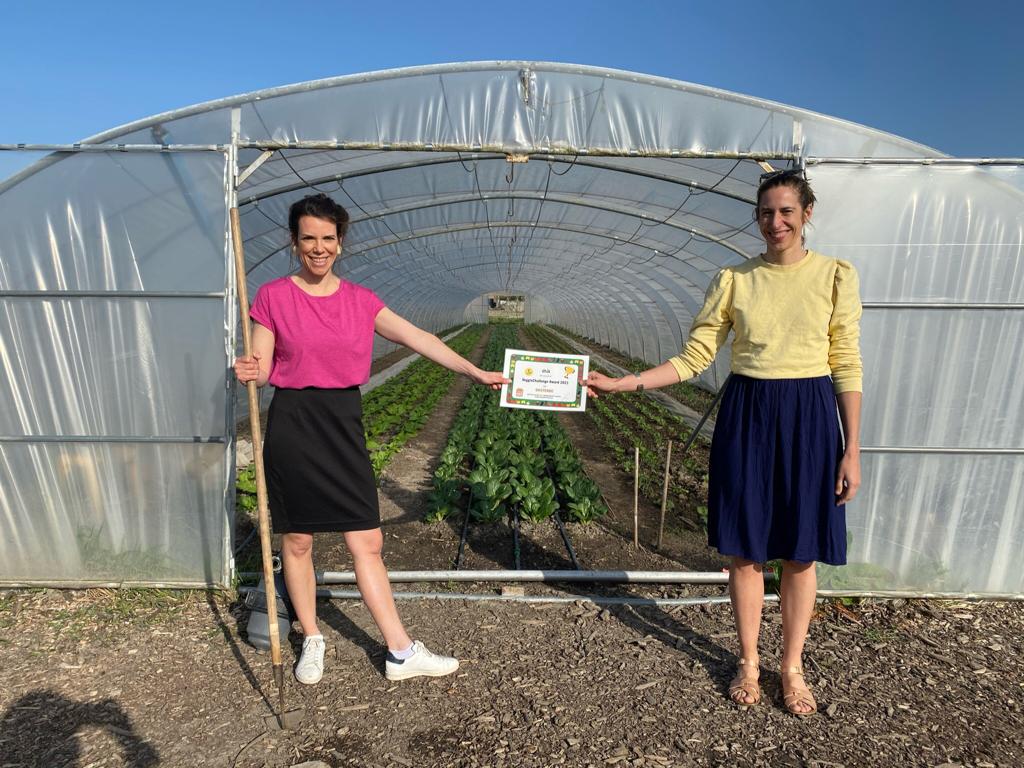
Since the launch of the Food Strategy, Ostend has been very busy operationalizing it! Lets’ take a deep dive into the activities linked to the goals of ‘Oostende Oogst’:
- The ‘VeggieChallenge’ occurs each year in March, since 2021. The VeggieChallenge is a free online coaching program that inspires citizens of Ostend to reduce their meat-intake during 30 days and replace it by veg(etari)an alternatives. In light of this challenge, Ostend organizes multiple activities in the field to stimulate citizens to eat less meat and more plant-based: cooking workshops, a veggie quiz, contest, etc. Restaurants and local companies also engaged in the challenge and organize actions to increase knowledge on the vegetarian lifestyle amongst citizens. Check the website of Ostend City for an overview of the companies and their actions: Doe de Veggie Challenge! – Stad Oostende. It goes without saying that the ‘VeggieChallenge’ is beneficial for the body, the planet & the appetite. In addition, Ostend also recently signed the Green Deal Protein Shift that has the ambition to shift to less meat (40%) and more plant-based diets (60%). What better effort to achieve the overall FoodSHIFT2030 project goal to shift to less meat and more plant-based diets’?
- Lets’ give a shout out to short supply chain products: Ostend also relaunched their bi-weekly farmers’ market where citizens can buy fresh, local & seasonal products directly from the farmers. The market has something for everyone: vegetables, fruits, dairy, bread & meat (Boerenmarkt – Stad Oostende).
- Ostend has the ambition to launch a food policy council by 2024. A food policy council ensures that goals & actions of a food strategy are being operationalized by finding political support, foreseeing enough resources and designating responsible actors for all the actions. In the run-up to the food policy council, ‘Food Forums’ will be organized. A Food Forum is an event where all relevant food system actors are present to get acquainted with each other and to discuss the current food environment (what is missing, which important actors are missing, etc.). In February 2022, the first edition of the Food Forum took place. The Mayor of Ostend, the Elderman of Ostend and several innovators (i.e. stakeholders active in the food system) gave a speech on the importance of sustainable, local & healthy food. Afterwards, there was room for networking and food dialogue tables – where participants could discuss several food related topics linked to Ostends’ food strategy – were being held. Ideally, a food forum will be organized each year and eventually will grow into a food policy council with a solid structure – meaning that it will either be embedded in the local government or will operate as an independent organ. The food policy council will consist of different experts, researchers, entrepreneurs, volunteers, etc. active in the field of food systems, education, economics, health, etc.
- Citizen engagement is the corner stone of the FoodSHIFT project, meaning that citizens should be involved in all phases of the project (stimulating citizen driven innovation in business and civil society, citizen science, citizen based food governance, etc. in the participating countries). Ostend tries to accomplish this by setting up a citizen engagement trajectory where we try to engage citizens as much as possible in our food strategy. By doing this, we hope to increase knowledge and awareness amongst citizens on the importance of sustainable food(systems). In this regard, Ostend recently launched a survey aimed at citizens. The survey gauges their interest in 1) the Gardens of Stene, an agricultural park where many activities related to the food strategy occur, 2) different aspects related to food (e.g. cooking, social value, knowledge sharing) and 3) being involved in the food strategy by brainstorming on actions linked to the food strategy. In the future, Ostend will also organize food dialogue tables where citizens can discuss the food strategy and its related activities more in depth.
These are just a few of many activities Ostend engages in – there are many more to come. All with the ambition of transforming the European food system towards a low carbon, circular future, including a shift to less meat and more plant-based diets.
